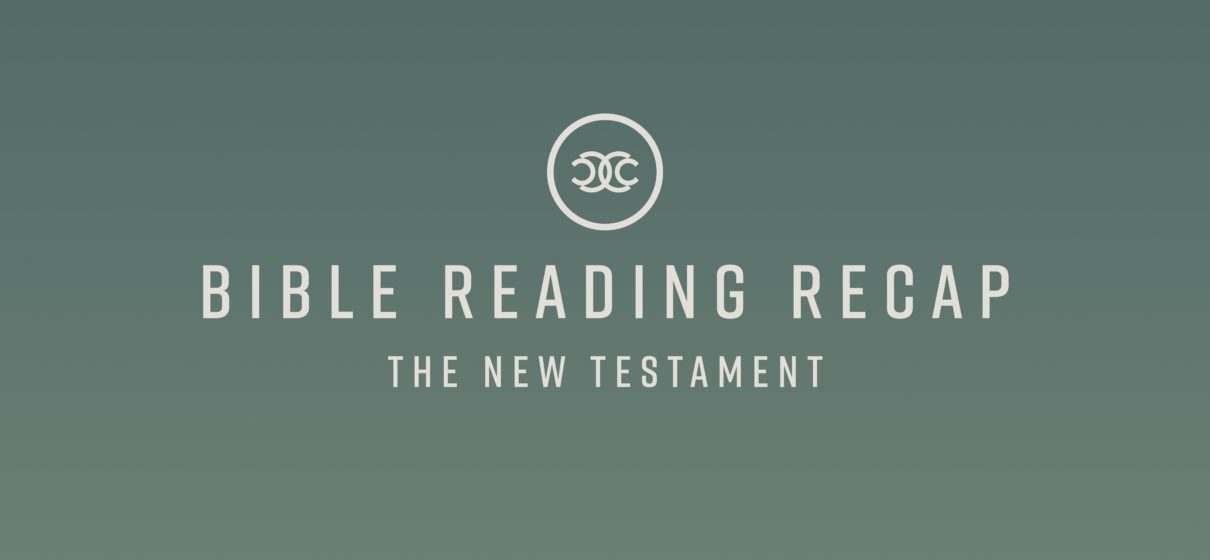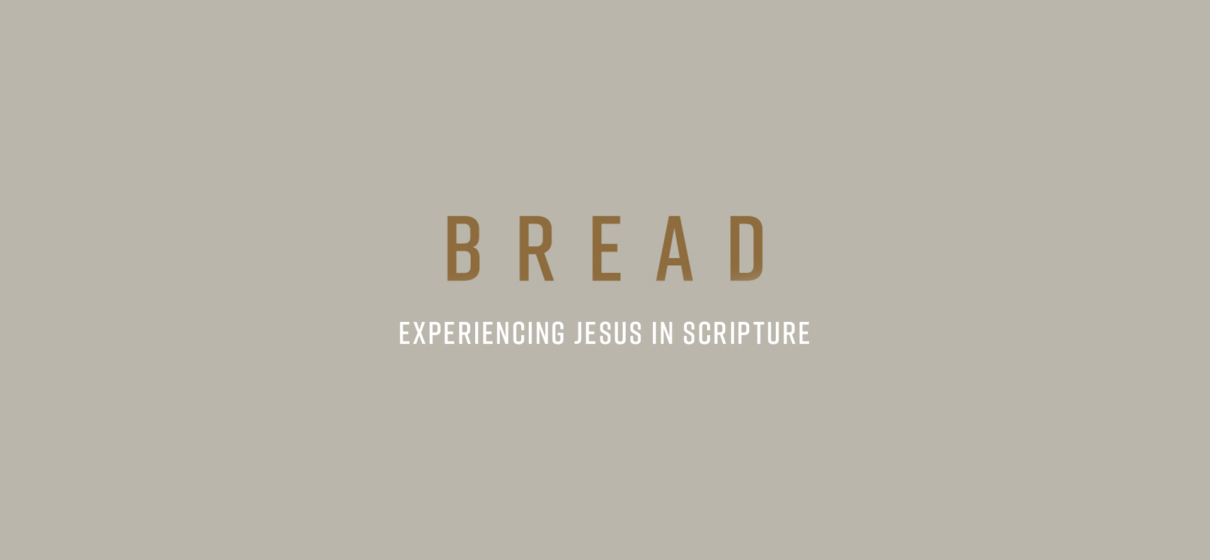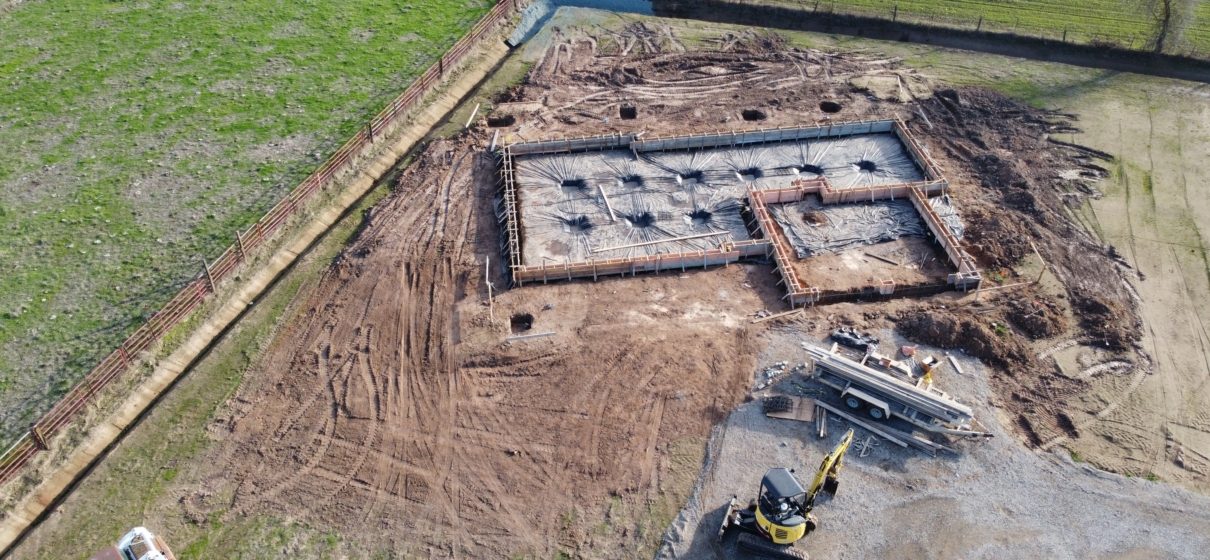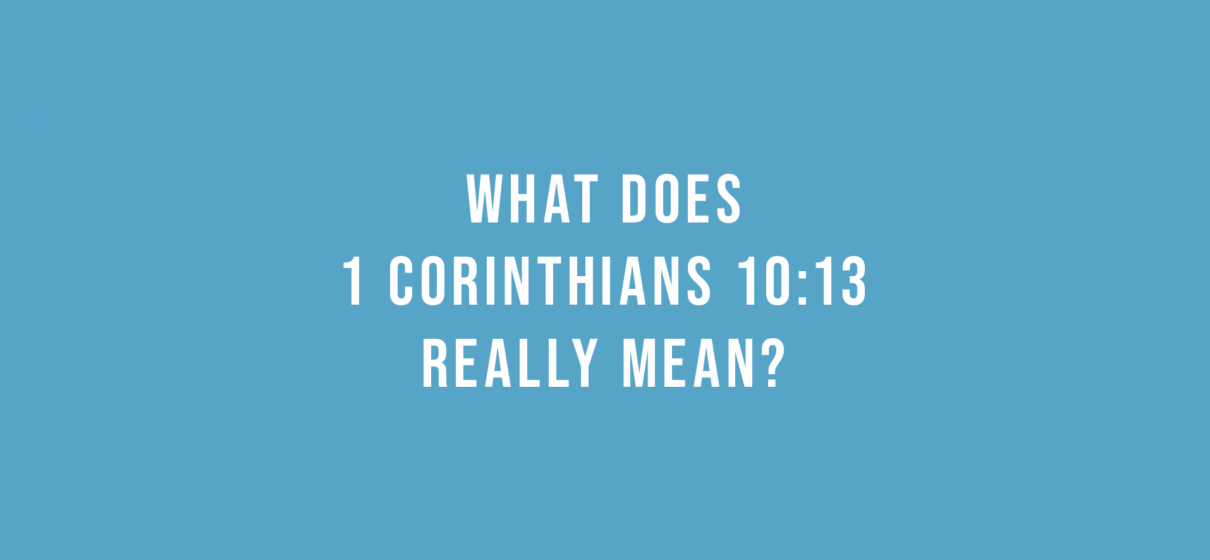Frank Besednjak invested $86,000 in renovating his home, so he was a little concerned when he saw some cracks in the drywall. The contractors came by to fix it but then more cracks showed up.
With a little further inspection, he also found multiple cracks in his driveway. But he didn’t realize the gravity of the situation until he pulled up the carpet and discovered a deep crack running through most of his house.
Frank hired a structural engineer for expert advice and was hit with some shocking news: there was a 55-foot-wide sinkhole directly underneath his home.
On the surface, Frank’s house looked normal for the most part, but it was masking a disaster waiting to happen. Below the surface, it was all about to fall apart. Frank had a problem — his house was built on a foundation that was unpredictable and inevitably destructive.
So, I hope your house isn’t built over a sinkhole, but what about your life? What have you built everything you are on?
What’s your foundation?
Your bank account? Your accomplishments? Your health? Your kid’s success?
When we build our lives on anything like these things, we are just like Frank’s house. It might look okay on the surface, but there is trouble brewing beneath it.
The foundations are revealed in the storms of life. Sometimes those storms can even bring ultimately good things, but chaos, uncertainty, and stress have a way of drilling down to what all else is resting upon.
We see a clear picture of this in Mary’s (the mother of Jesus) life.
In the sixth month the angel Gabriel was sent from God to a city of Galilee named Nazareth, to a virgin betrothed to a man whose name was Joseph, of the house of David. And the virgin’s name was Mary. And he came to her and said, “Greetings, O favored one, the Lord is with you!” But she was greatly troubled at the saying and tried to discern what sort of greeting this might be. And the angel said to her, “Do not be afraid, Mary, for you have found favor with God. And behold, you will conceive in your womb and bear a son, and you shall call his name Jesus. He will be great and will be called the Son of the Most High. And the Lord God will give to him the throne of his father David, and he will reign over the house of Jacob forever, and of his kingdom, there will be no end.” — Luke 1:26-33
The angel Gabriel tells Mary, you are going to give birth to a son; he will be the Son of the Most High and his kingdom will have no end.
This is big, this is exciting, but this is also terrifying for a young, unmarried woman. In fact, the text says that Mary was “greatly troubled” when she encountered the angel. But what does she do with her questions? We know how this story is going to all work out, but in this moment, she doesn’t know! Talk about chaos, uncertainty, and stress!
We know that 2,000 years later, 2 billion people around the globe are going to pause to celebrate the birth of her son, but she doesn’t know that yet!
“And Mary said to the angel, “How will this be, since I am a virgin?” And the angel answered her, “The Holy Spirit will come upon you, and the power of the Most High will overshadow you; therefore the child to be born will be called holy—the Son of God. And behold, your relative Elizabeth in her old age has also conceived a son, and this is the sixth month with her who was called barren. For nothing will be impossible with God.” — Luke 1:34-37
As a faithful Jew, I’m sure she was expecting the Messiah to come. But like this? Through her? Vulnerable, uncertain, and anxious, Mary still responds with faith:
And Mary said, “Behold, I am the servant of the Lord; let it be to me according to your word.” — Luke 1:38a
Mary gave us a remarkable picture of faith as she embraced God’s surprising plan for her life, because she knew that he was trustworthy, faithful, and completely in control.
When our lives don’t go our way, it is completely normal to ask God about what is going on. We can’t blame Mary for being confused, because this was definitely not how she thought her life was going to go.
But her initial question was not an obstacle to her obedience, or a lack of faith.
Faith is about trusting God even when we don’t understand what he is doing, because we know who he is. Faith is not really about having all the answers, but rather, it’s about putting your trust in the one who does.
Mary’s response revealed that she had built her life on a stable foundation, which is important because her story didn’t necessarily get easier.
But despite the challenges that lay ahead, she continued to trust God’s timing, trust his plan, trust his heart for her, and trust that he was — and still is — completely in control. And even though she might have felt imperfect and insignificant, God used her to bring forth the Savior of the world.
Be honest today with God and with yourself about what you have trusted to be the foundation of your identity, happiness, and the whole of your life. Is it a sinkhole or a trustworthy foundation?
The story of Christmas reminds us that God is sovereign over the world, and over our lives.
So, this Christmas season, whether it is a time of joy and plenty, or a time of suffering and questions, build your life on the only trustworthy foundation — Jesus.










